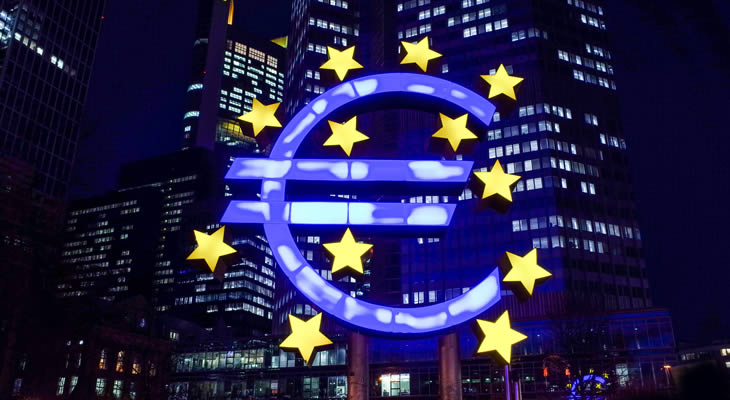The Pound Sterling to Euro (GBP/EUR) exchange rate softened after hitting a session high of 1.361 as UK retail sales disappointed and as Eurozone data added to signs that the single currency economy is showing signs of improvement.
GBP/EUR Exchange Rate Softens
The Pound gave up earlier gains after data released by the London based Office for National Statistics showed that UK retail sales fell by 0.3% in January from the preceding month’s rise of 0.2%. The report shows that despite retailers slashing prices to shift its winter stock demand for retail goods was down. Economists had been forecasting for a dip of 0.2% as consumers assess their spending power after the Christmas break.
‘There was a significant increase in the quantity bought in petrol stations and department stores but this did not negate the downwards pressure from predominately food stores, textiles, clothing and footwear and other stores,’ the ONS said as it released the report.
On an annual basis, the retail sales situation appears more positive as sales rose 5.4%, a figure that was slightly lower than the 5.9% figure expected by economists.
The Euro meanwhile firmed despite concerns over the Greece situation. After Germany refused a Greek bailout extension, request the single currency had weakened significantly and pressure is building on the regions finance ministers to come to an agreement before the end of the month when the nation runs out of funds. If no deal is reached then we could see Greece leave the Eurozone.
Data released today showed that the Eurozone’s manufacturing sector continues to expand albeit at a very stagnant pace. The Markit compiled flash Eurozone Manufacturing Purchasing Managers Index (PMI) inched higher from 51 to 51.1, the highest figure seen in seven-months.
‘On the inflation front, lower oil prices were again cited as a major contributor to lower overall input costs, which fell for the second month running. The rate of decline eased, however, resulting in only a marginal drop in costs,’ said Markit.
France disappointed yet again as its manufacturing sector contracted to a two-month low of 47.7. Services however improved.
The big surprise came as Italian industrial production increased strongly in December on the back of stronger foreign demand, indicating industrial production will grow in the next months. Industrial orders increased by 4.5%, reversing the 0.8% decline recorded in November.
Market attention will now be focused upon Brussels as the Euro group attempts to make it third time lucky to resolve the Greece crisis.

